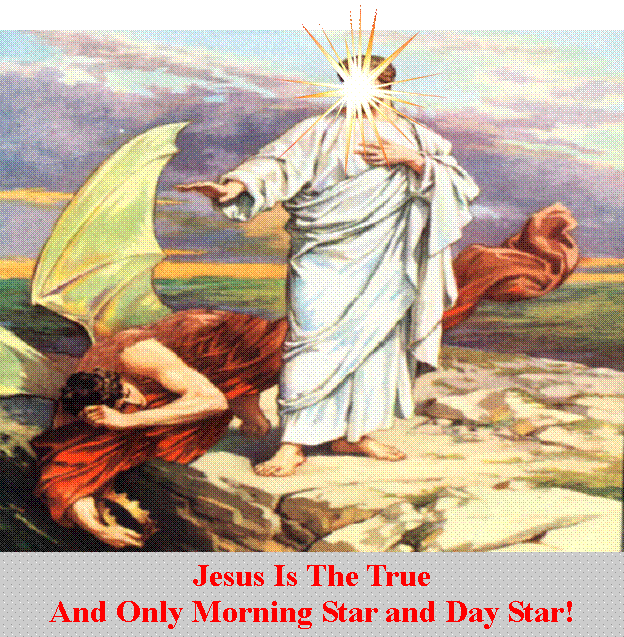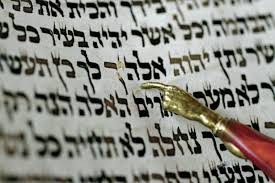Psalm 2 According to The Rabbis
One of our missionaries was once approached by a Jewish man who demanded one question to be answered. He asked, “Are you telling me that if I do not accept and believe in Jesus that I will burn in the hell?” To this, the missionary stated, “The rabbis teach us that a good question is better than a good answer. Can I answer your question with another?” When permitted he quoted Psalms 2:12, “Kiss the Son, lest he be angry, and ye perish from the way, when his wrath is kindled but a little. Blessed are all they that put their trust in him, “and then asked, “Who is this son that we either kiss or perish?”
To answer this we will look to the Rabbis:
According to Babylonian Talmud, Sukkah 52a it is Messiah:
Our Rabbis taught, The Holy One, blessed be He, will say to the Messiah, the son of David (May he reveal himself speedily in our days!), ‘Ask of me anything, and I will give it to thee’, as it is said, I will tell of the decree etc. this day have I begotten thee, ask of me and I will give the nations for thy inheritance [Psalms 2:7-8].
— Soncino Talmud edition.
According to Genesis Rabbah 44:8, it is Messiah:
- Jonathan said: Three persons were bidden ‘ask’, viz.: Solomon, Ahaz, and the King Messiah. Solomon: Ask what I shall give thee (1 Kings III, 5). Ahaz: Ask thee a sign (Isa. VII, 11). The King Messiah: Ask of Me, etc. (Ps. II, 8).
— Soncino Midrash Rabbah (vol. 1, pp. 365-366).
According to Pirke de-Rav Eliezer (9th c.), Section 28, on verse, it is the Son of David (Messiah):
All the nations will be gathered together to fight with the Son of David, as it is said: The kings of the earth set themselves, etc.
Even Rashi acknowledged that most teach it is Messiah,
Our teachers interpreted the subject of this Psalm with reference to King Messiah, but according to its plain meaning it will be right to expound it of David himself…
The Midrash on Psalms teaches that the Son of Psalms 2 is Messiah:
This day have I begotten thee [Psalm 2:7]. R. Huna said: Suffering is divided into three portions: one, the Patriarchs and all the generations of men took; one, the generation that lived in the time of [Hadrian’s] persecution took; and one, the generation of the lord Messiah will take. When the time comes, the Holy One, blessed be He, will say: “I must create the Messiah — a new creation.” As Scripture says, This day have I begotten thee — that is, on the very day of redemption, God will create the Messiah.
Ask of Me, and I will give thee the heathen for thine inheritance, and the ends of the earth for thy possession (Ps. 2:8). God, speaking to the Messiah, says: If thou dost ask for dominion over the nations, already they are thine inheritance; if for the ends of the earth, already they are thy possession.
Rabbi Johanan taught that Psalms 2 is about Messiah:
To three men — Solomon, Ahaz, and the lord Messiah — the Holy One, blessed be He, said, “Ask of me.” To Solomon, as is written In Gibeon the Lord appeared to Solomon in a dream by night; and God said: “Ask what I shall give thee” (1 Kings 3:5). To Ahaz, as is written “Ask thee a sign of the Lord thy God: ask it either in the depth, or in the height above” (Isa. 7:11)….To the lord Messiah, as is written Ask of Me, and I will give thee the nations for thine inheritance, and the ends of the earth for thy possession.
According to Maimonides’ introduction to Sanhedrin, chapter 10, Psalms 2 is about Messiah
The prophets and the saints have longed for the days of the Messiah, and great has been their desire towards him, for there will be with him the gathering together of the righteous and the administration of good, and wisdom, and royal righteousness, with the abundance of his uprightness and the spread of his wisdom, and his approach to God, as it is said: The Lord said unto me, Thou art my son, to-day have I begotten thee.
David Kimchi himself interpreted psalm as referring to King David, but his comments on verse 12 show that the traditional interpretation was messianic.
There are those who interpret this psalm of Gog and Magog, and the “anointed” as the King Messiah; and thus did our rabbis of blessed memory interpret it (b. Berachot 7b).
Yalkut (13th c.), Section 621, similar to the Midrash on Psalms quoted above:
On verse 7:
- Huna said in the name of R. Idi, In three parts were the punishments divided: one for King Messiah, and when His hour cometh the Holy One, blessed be He, saith, I must make a new covenant with Him, and so He saith, To-day have I begotten thee.
On verse 9:
“Thou wilt bruise them with a rod of iron”; this is Messiah ben Joseph.
******************************************
Copyright © 1997- 2015 – HIBM All editorial comments, opinions, articles, video, and audio authored or written by Hope of Israel Baptist Mission, Inc. (HIBM) or by any of its affiliated/associated staff is copyrighted by HIBM, all rights reserved worldwide. The information on this site cannot be stored on BBS or Internet sites or otherwise used without written permission from HIBM. Articles may not be sold or placed by themselves or with other material in any electronic format for sale, but may be distributed free by e-mail or print media. They must be left intact and nothing removed or changed, including informational headers or footers. Any non-HIBM articles, videos, audio, etc. included in these postings or within this website (www.hopeofisrael.net) are copyrighted by their respective authors and permission must be granted accordingly by them. HIBM will not be responsible for any copyright infringements or misuse by others. HIBM does its best to reference all materials contained herein wherever possible, and otherwise abides by the Fair Use Act (17 USC 107 et seq.); however, in the unlikely case that credits are missing or information is inaccurate, we ask to be immediately notified of any needed corrections. Disclaimer: All opinions contained herein are not intended to offend or misrepresent any person or organization. Their purpose is to educate and tell readers about proper Biblical teachings about the issues of today, including factual supportive statements or Biblically-based rebuttals to contrary or false teachings, whether they be about the Bible, Israel, Christianity, Bible Doctrines and Customs, Prophecy, End-Times, and Biblical Moral Responsibilities. Use of embedded or excerpted articles, research, or quotes does not necessarily indicate endorsement of the author or organization. Standard disclaimers apply to all material on http://www.hopeofisrael.net. Email: webmaster@hopeofisrael.net. Hope Of Israel Baptist Mission, Inc., PO Box 1700 Powder Springs, GA 30127 USA
“The use of media materials is protected by the Fair Use Clause of the US Copyright Act of 1976, which allows for the rebroadcast of copyrighted materials for the purposes of commentary, criticism, and education”


